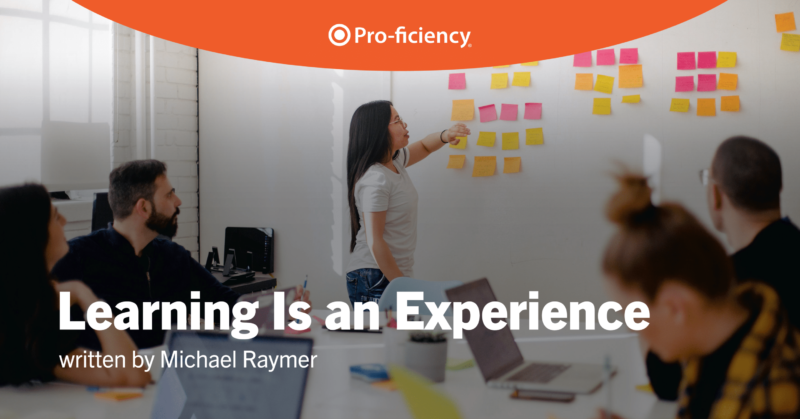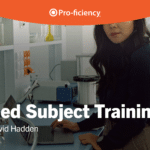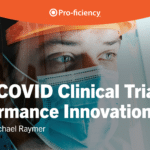Learning Is an Experience

“Learning is an experience. Everything else is just information”
–Albert Einstein
Pro-ficiency is poised to play a key role in improving the execution of clinical trials through our immersive learning platform. Simulation is proven as a learning approach by engaging clinical investigators in real-world situations. As Einstein said, learning is an experience.
Fatimah Lateef, from Singapore General Hospital, has proven that simulation is the most effective way to develop health professionals’ knowledge, skills, and attitudes, while protecting patients from unnecessary risks. He also points out in his article, Simulation-based learning: Just like the real thing, that healthcare should embrace simulation training tools just like the fields of aviation and military.
We all watched in amazement as Captain Chelsey Sullenburger flawlessly landed the Airbus A320-214 on the Hudson River after experiencing total engine failure on takeoff from LaGuardia Airport. Captain Sullenburger attributed his ability to execute in this life-or-death situation to having performed this maneuver many times in a flight simulator. He had the ability to fail and learn before needing to execute flawlessly in real-time.
The following month, there was a more tragic end to the same scenario in a flight approach to the Buffalo Niagara International Airport. Captain Marvin Renslow reacted to an impending stall by pulling up the nose of the airplane. The result was a pivot toward the ground, crashing into a house, killing an occupant and everyone on board. Captain Renslow received his training in a classroom session and did not have access to a flight simulator.
A recognized specialist in instructional design and technical training, Dr. Ruth Colvin Clark, suggested (Clark 2010) that although Captain Marvin Renslow’s didactic training may have resulted in knowledge transfer, it did not result in an improvement in skill. Although information was learned, appropriate procedures and actions were not retrievable in a crisis situation. Clark states, “Simulator training would have more effectively implanted performance relevant retrieval cues and enough simulator training would have led to automaticity of response”. (Clark 2010) Appropriate simulation training may have allowed the pilot to respond automatically with the correct, albeit, counterintuitive response of nosing down when the plane was about to stall rather than pulling up.
Just as Einstein noted years before, learning is an experience. Everything else is just information.
Let’s empower clinical trial investigators to operate at their peak efficiency via the simulation experience with Pro-ficiency in your next trial.

Michael Raymer, CEO of Pro-ficiency, is an adept leader, critical strategist and ambitious executive who is here to drive Pro-ficiency’s strategic objectives and fuel growth. With his extensive experience in startups, turnarounds and Fortune 100 companies, Michael naturally cultivates world-class management teams, resulting in smarter, faster, and more effective organizations. While Michael currently hails from Colorado, a piece of his heart will always be in Kansas with his alma mater, the University of Kansas Jayhawks.


